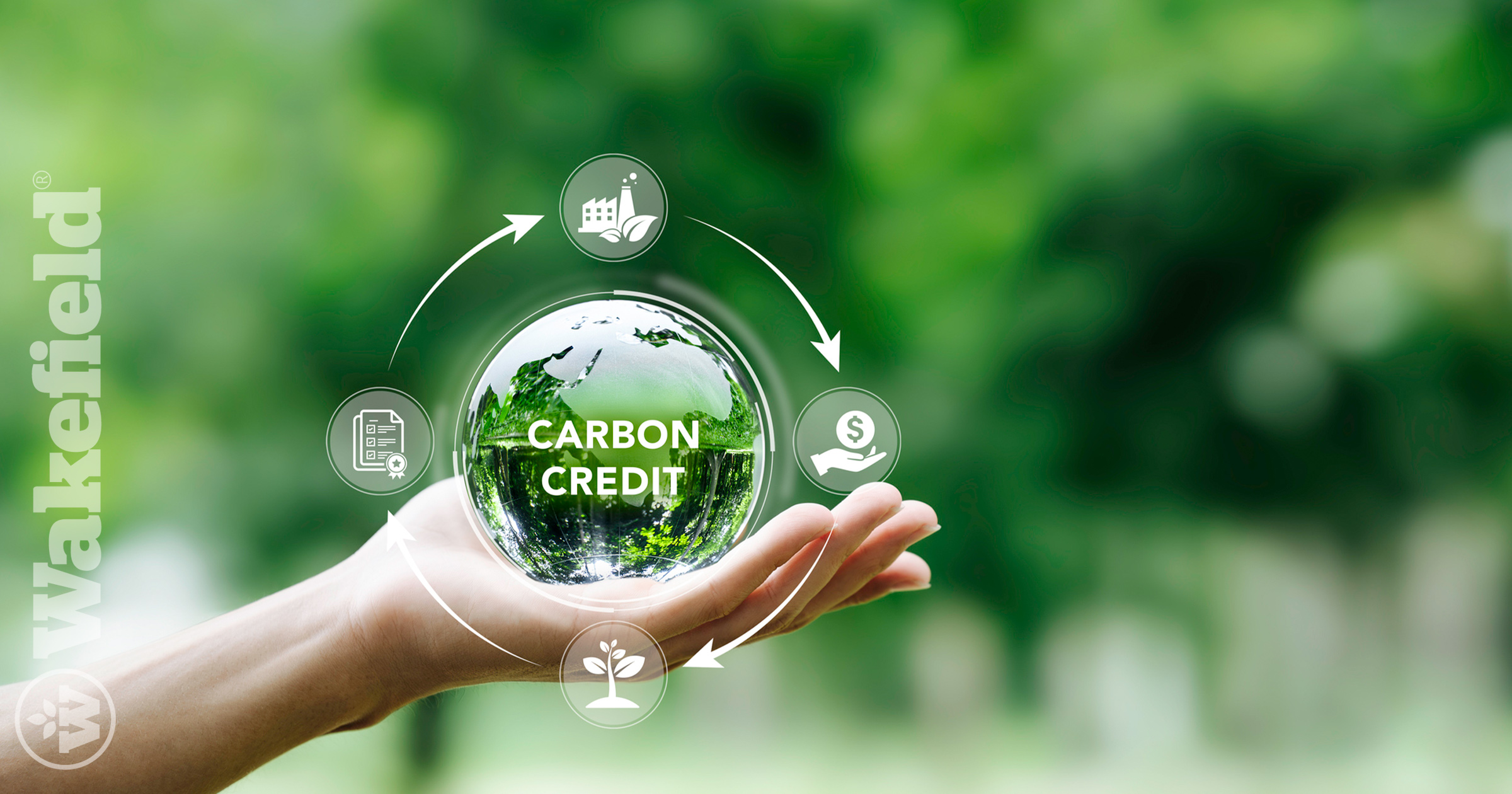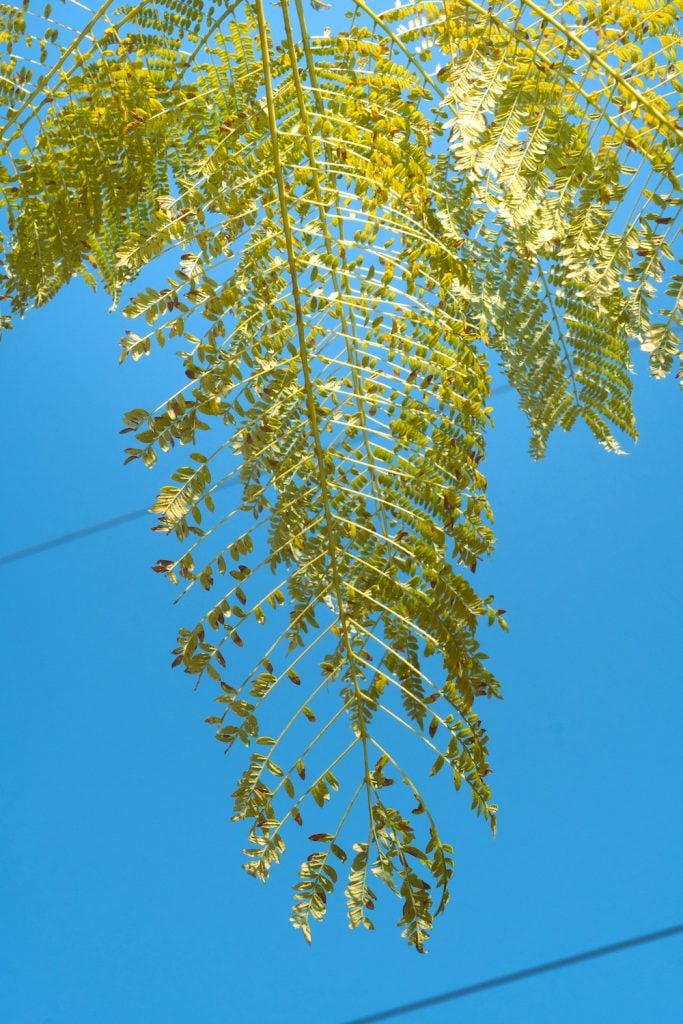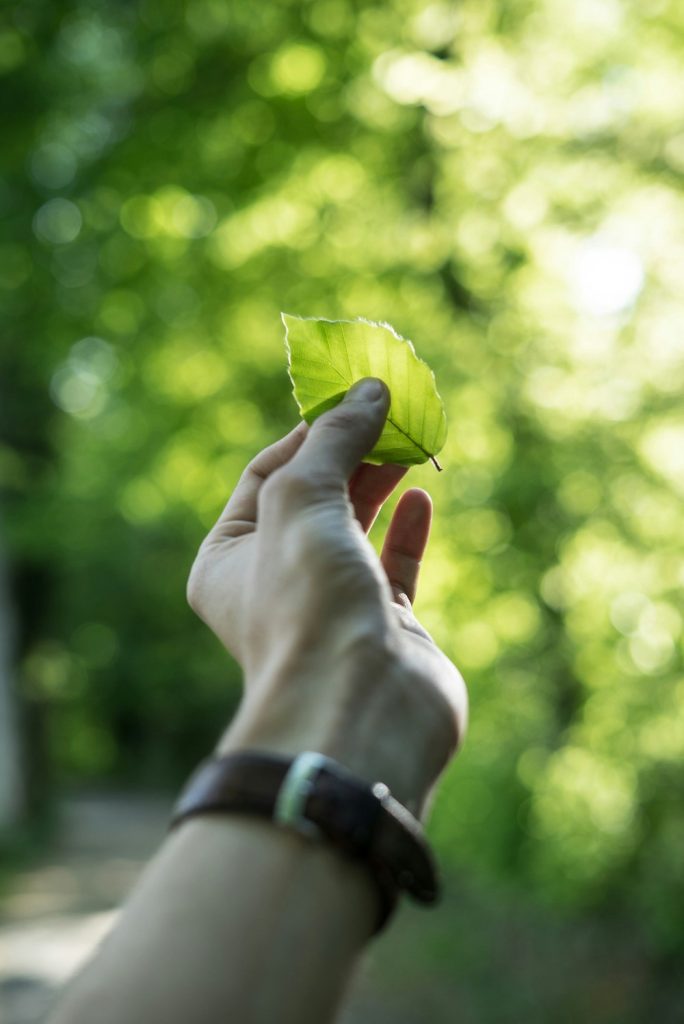Understanding Biochar Carbon Credits

Climate change is a real concern around the world. The effects of fossil fuel consumption, huge landfills, and industrial activities have led to significant changes in our environment. Many people are serious about tackling climate change and are looking for effective solutions.
Like our customers, Wakefield BioChar is passionate about preserving the environment. We put time and effort into developing our biochar products because we genuinely want to make the world a better place for ourselves and future generations. That’s why we create products for homeowners, hobby farmers, and large corporations.
We’re always looking for new ways to benefit the environment using our innovative biochar products. Thanks to our partnership with Puro.earth, we can now use carbon credits to boost our positive impact on the environment and improve agricultural practices for our customers.
What Are Biochar Carbon Credits?
Carbon credits are used to encourage suppliers like Wakefield BioChar to produce carbon-negative products that reduce carbon emissions. Biochar is a leading material for carbon sequestration. When companies buy carbon credits from suppliers, they support environmental goals and can claim the carbon-negative attribute of the credit.
One carbon credit equals one metric ton of carbon dioxide removed from the atmosphere. Wakefield’s biochar is made from waste wood that has been converted to carbon, which will not decompose for hundreds to thousands of years. Our biochar production process has been independently audited by Puro.earth to determine how many carbon credits are available per metric ton of biochar.
Biochar carbon credits have an immediate impact by keeping carbon in the ground. Instead of gradually reducing emissions, converting wood to biochar and using it in the soil sequesters carbon long-term.
Do I Get Carbon Credits When I Buy Wakefield BioChar?
When you buy Wakefield BioChar at a store, you’re choosing a product that helps the environment by locking carbon into the soil for generations. However, the official carbon credits for that carbon removal are verified separately and belong to Wakefield BioChar through our partnership with Puro.earth. That means individual customers and retailers don’t receive carbon credits when purchasing our products—but every bag you use still makes a real impact on the planet!
How Does the Process Work?
Puro.earth is a leader in carbon removal platforms. They have a rigorous certification process to vet suppliers before awarding CO2 Removal Certificates (CORCs). To be eligible, suppliers must be carbon net-negative, meaning they sequester more carbon than is used during production and transport. Wakefield BioChar is a certified supplier of CORCs on the Puro.earth platform.
Real-Life Examples of Biochar Carbon Credits
Biochar credits have many real-world applications that benefit the environment. For example, carbon credits can help spread the word about the positive impact of biochar by making these products available in more retail stores. Additionally, revenue from carbon credits allows Wakefield BioChar to establish competitive pricing, helping us thrive in the marketplace.
With the help of Puro.earth, we can also establish new pyrolysis units, which convert biomass materials into biochar sustainably. These units support industries like agriculture and manufacturing. Our Beneficial Reuse Division is working on a “Zero Landfill Program” at large manufacturing plants by converting mill biomass waste into biochar and renewable energy.
Carbon credits also help farmers who may not have the financial resources to use biochar on their farms. Revenue from the sale of CORCs by Wakefield BioChar can cover transportation costs to deliver biochar directly to farming operations.
Let’s Tackle Greenhouse Gas Emissions Together
At Wakefield BioChar, we like to say we’re in the business of saving the world. Although we can’t do it alone, our partnership with Puro.earth shows the good that can be done when like-minded people work together to tackle greenhouse gas emissions.
Whether you need products for your home or want to reduce your business’s environmental impact, visit us online today to learn more about our many biochar applications. Together, we can make a difference.







